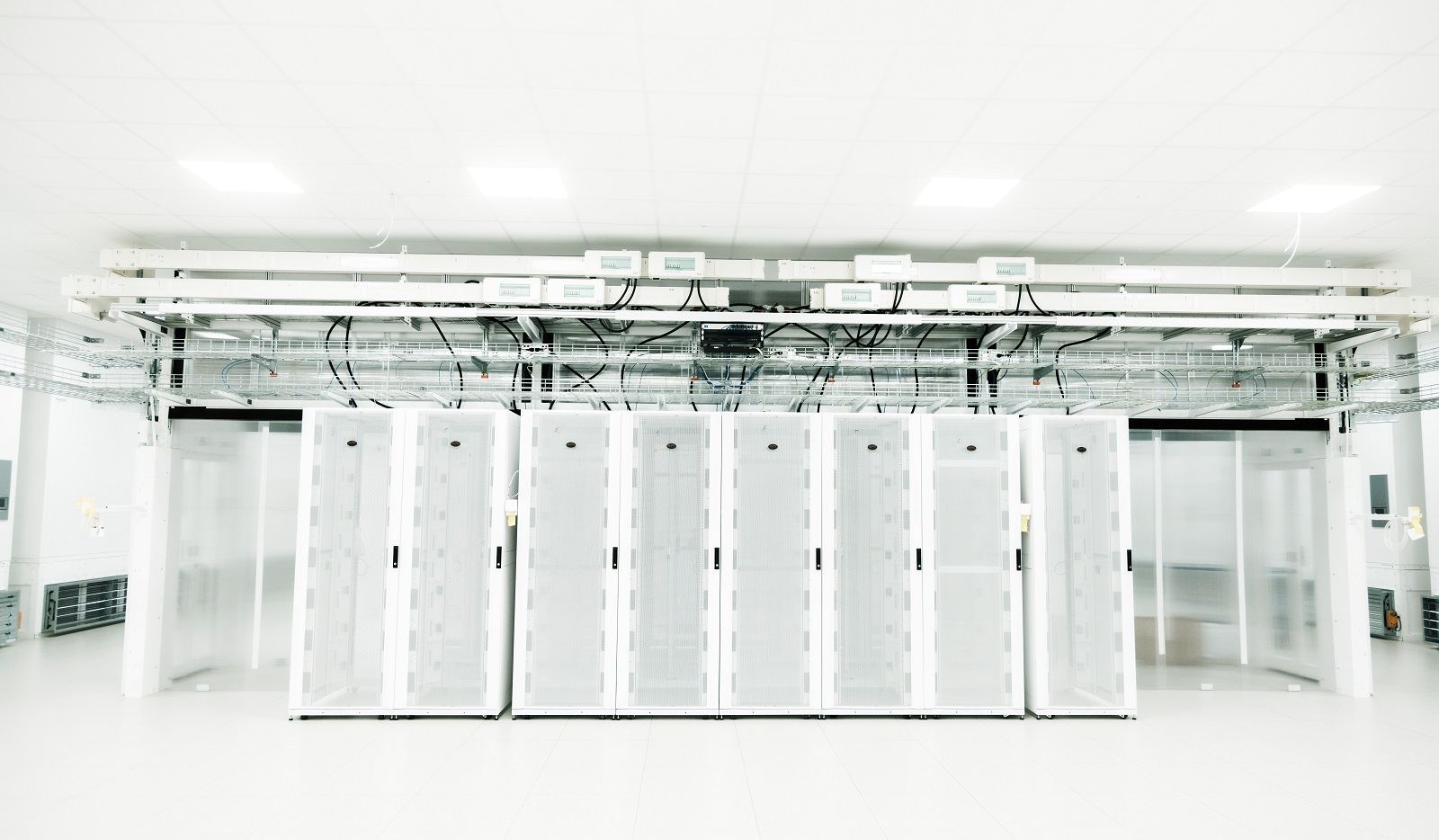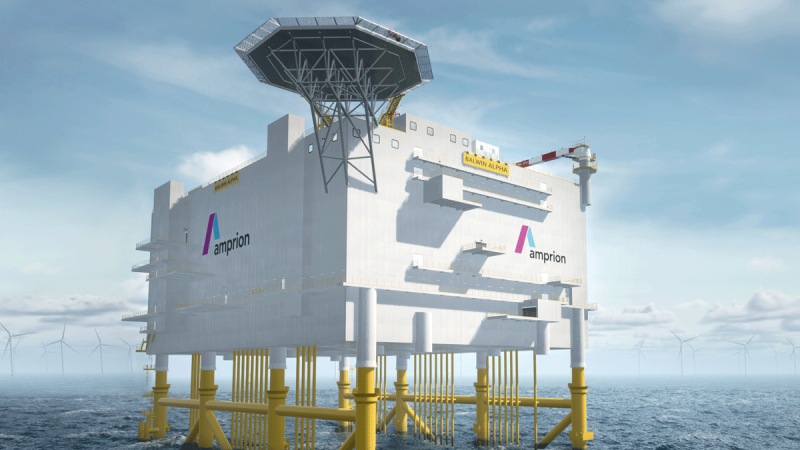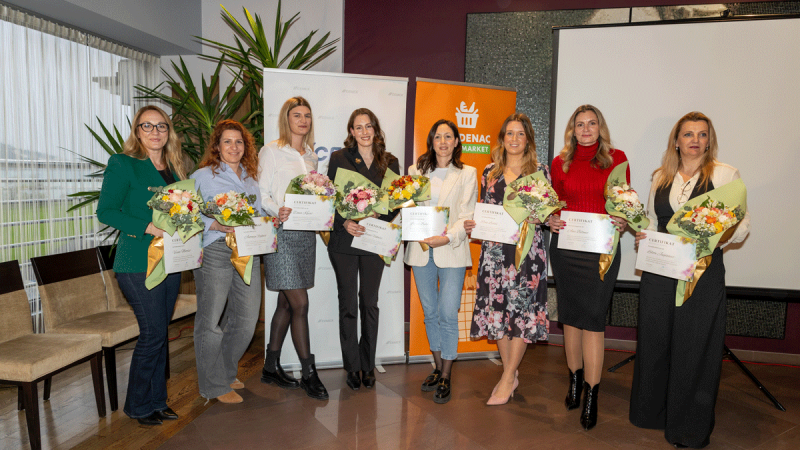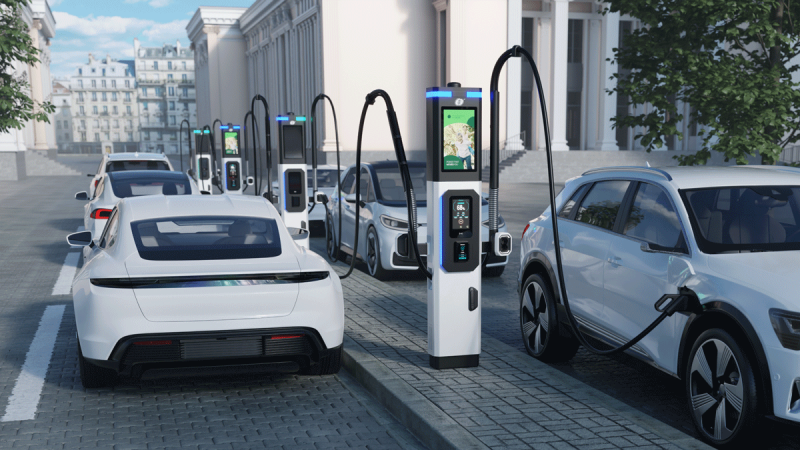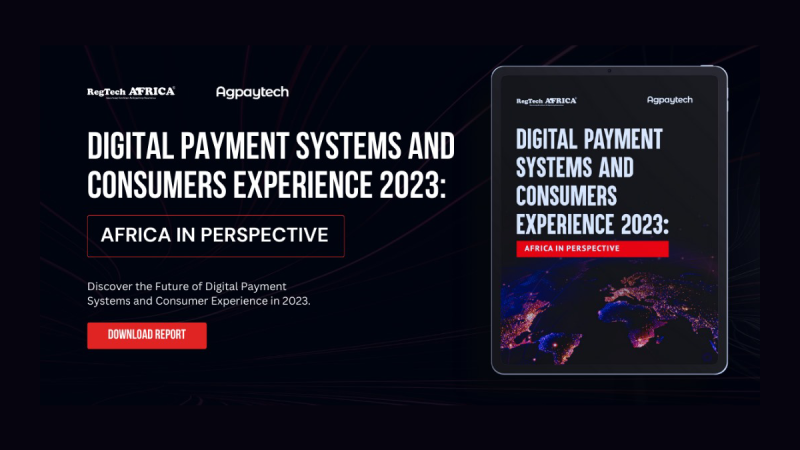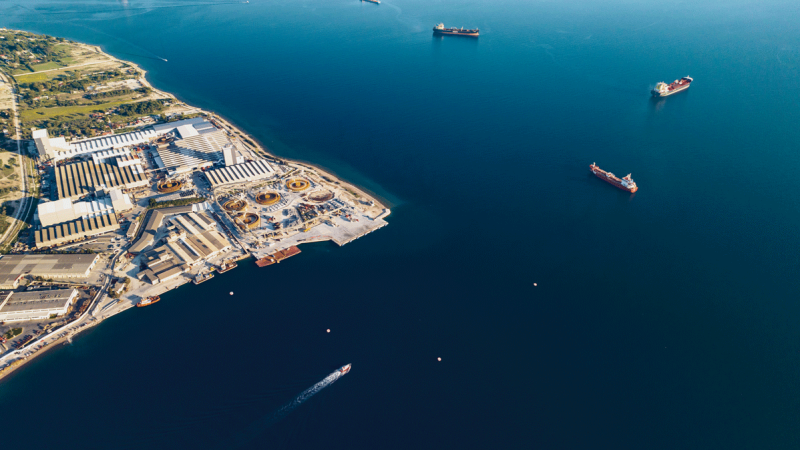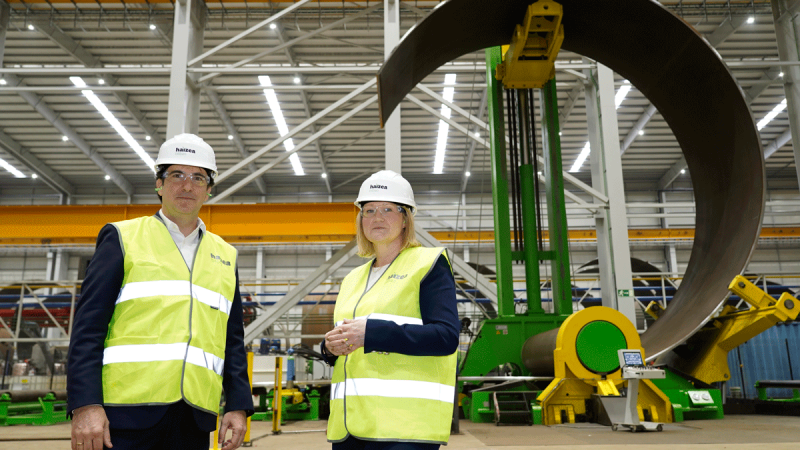Data centres and cloud computing are talked about a lot these days, but they can seem very removed from our day to lives. But imagine, for a moment what life would look like if it was taken away. “The banking system wouldn’t work, you couldn’t work from home, hospitals would be unable to execute their tasks, there would be a massive impact on society,” says Dan Andersson, CEO of EcoDataCenter. “The bottom line is that today our society is digitalised, and we must understand that the data centre industry is a critical infrastructure to keep society working. The data centre industry itself has a large responsibility to spread this message and understanding to the public and politicians.”
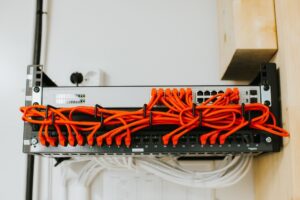
While Dan Andersson, as the head of a data centre company, is keenly aware of how important data centres are, he also knows those benefits come at a cost.
“The ICT business is affecting CO2 emissions, they were bigger than the aviation industry before Covid hit,” Andersson says. “Watching your favourite Netflix series, listening to your favourite music on YouTube, it is all affecting the environment.”
Given the name of the company, it is no surprise that this is a challenge Coadjacences was set up to answer.
“The brand EcoDataCenter obviously implies that the environmental aspect of the data centre business has been a part of this company since it started as a project back in 2012,” explains Andersson. “Data centres are an integrated part of society, so we need to take care of the energy challenges there.”
Green Data
It is a technical challenge, but also a social one. People need to understand just how energy intensive the industry is, and the impact that it has. It is also an area where a collaborative approach is essential.
“The data centre industry’s efforts have no point if our customers aren’t involved in this,” Andersson insists. “We need a holistic approach to the way applications are built, and the digitalisation of businesses takes place, and how efficient the data centres we build must be to have as low an impact as possible.”
That said, EcoDataCenter is playing an important role.
“Every data centre company wants to be green. We buy sustainable power, but the data centre is part of something larger than the data centre itself, and even its customers,” Andersson insists. “If the server industry can make the service more efficient, if the customer can make sure they utilise server capacity, we can make this happen. It’s our ambition to be a leading part of integrating the data centre into society in a sustainable way. “
It is an ambition that Andersson has been working towards for a long time, even though the company itself is a young one.
“We started service delivery in January 2019. We provide large-scale service deliveries so we can reach customers with large high-volume requirements,” Andersson says. “HPC (high-performance computing) and large IT loads are the main customer segments we are into.”
In doing this work, EcoData’s priorities are quality and execution while measuring and mitigating the environmental impact of its work.
As Andersson points out, “We have the capability and flexibility to meet large customers with questions about how to implement a multi-cloud strategy, whether they are upscaling or downscaling their cloud facility.”
Securing Your Data
Alongside sustainability, the data sector is also facing another increasingly relevant challenge. Particularly in the wake of the war in Ukraine, security is continually growing in importance.
“Today, if a company loses its data or the data is hijacked or disrupted a business can go bankrupt in a very short period of time,” Andersson says. “Even if they don’t, their business will be severely damaged. We need to understand the value of data centres is extremely high.”
Perhaps surprisingly, when Andersson talks about security, he does not mean cyber security.
“We have no role in the cybersecurity of our customers. We don’t have access to their data, and we don’t want access to their data,” explains Andersson. “We take care of the physical security aspect.”
But this means more than locks and cages.
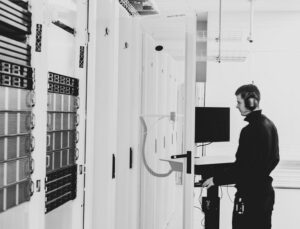 “If there is a breach it is almost always connected to some human individual who has done something that they were not allowed to do,” Andersson tells us. “We put a lot of effort into background control, processes, and routines to ensure we’re in control of which people can come onto the site and restrict their access to what they need. Making the technical and human aspects of security work together, that’s the tricky part.”
“If there is a breach it is almost always connected to some human individual who has done something that they were not allowed to do,” Andersson tells us. “We put a lot of effort into background control, processes, and routines to ensure we’re in control of which people can come onto the site and restrict their access to what they need. Making the technical and human aspects of security work together, that’s the tricky part.”
The quality of EcoData Centre’s security had led to the firm being approved by the Swedish Security Intelligence Service to provide services for government agencies, which in turn boosts the firm’s reputation globally.
“With the geopolitical situation in Europe, and around the world, countries need to be more self-sufficient and in control of their assets, says Andersson. “That’s one part of why Ukraine has been able to work and function as a country. They knew how to handle data as a country.”
From Start-Up to Scale-Up
EcoData Centre is positioning itself to face perhaps one of the most significant challenges on both the environmental and data industry fronts. But it has come a long way to get there.
“It was a challenge being in the start-up phase two years into the pandemic,” Andersson admits. “We couldn’t bring customers in to see the data centre and you don’t buy these based on a PowerPoint presentation. There’s a ‘see, look and feel’ factor. But we have quickly progressed to the ‘scale up’ phase.”
Andersson’s strategy to reach that point has been built on what he calls “the four keys to success”. Those keys are a business-driven culture, courage, speed, and human capital.
“Being business driven means if something fails you shouldn’t feel the technical pain, you should feel the customer’s pain,” Andersson tells us.
He is a fan of a quote by Percy Barnevik of ABB, “Thinking – the strategies and designs – only gets you 5-10% of the way. 90% is in the execution”. That includes speed, but also, the importance of human capital.
“You need very good technical expertise but not everyone has to be on the payroll,” Andersson says. “The gig economy offers us people we can hire, use the best knowledge and then they go somewhere else.”
With that knowledge, EcoDataCenter can drive innovation, designing and building its data centres, giving it advantages in terms of capability and cost.
“We do this while still building to a high standard in technical aspects like electricity, cooling, and ensuring redundancy to handle situations such as the heat waves in London, where a couple of hyper-scale data centres actually shut down,” Andersson says.
EcoDataCenter has proven its worth and has big plans for the future.
“We are already planning for the next phase, using the waste heat from the data centres in different applications. We just recently wrote a cooperation agreement looking at how to use the energy from the data centre to produce vegetables, fish, and shrimp. But that’s just one example of what we’re looking at,” Andersson tells us.
